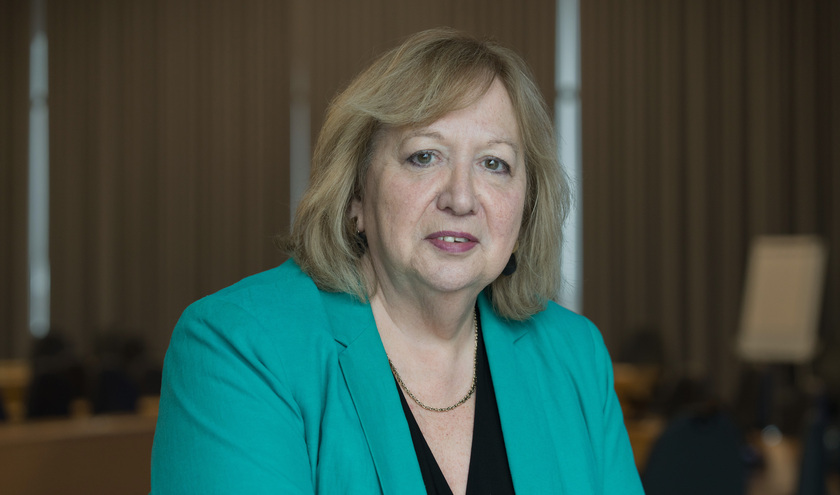The chancellor confirmed yesterday the National Minimum Wage is to rise to £10.85 for 18 to 20-year-olds and the National Living Wage will increase to £12.71 for workers over 21 from April.
The chancellor also confirmed 250 neighbourhood health centres will be rolled-out through public-private finance.
Announcing the Minimum Wage rise, the chancellor said: ‘These changes mean that from April, the National Minimum Wage and the National Living Wage will boost the pay packets of around 2.7m workers.
‘For a full-time worker on the National Living Wage, that means an increase in pay of £900 a year.
‘And for someone on the National Minimum Wage, working full time, it will mean a £1,500 increase.'
Unison general secretary Christina McAnea, said: ‘Giving low-paid workers a significant rise means their money will go further come the spring.
‘Many of those whose pay is going up again in April work in our essential services. They'll spend the extra cash on goods and services where they live, which helps grow local economies.'
Katherine Chapman, director of the Living Wage Foundation, said: ‘The boost to the legal Minimum Wage is a really positive move that will ease some of the pressure on low paid workers hit by sharp price rises over the last year. It will still fall short of the voluntary real Living Wage which is the only wage rate based solely on the cost of living.'
Commenting on news the Government will allow public-private partnerships to fund neighbourhood health centres, Unison head of health Helga Pile, said: ‘The damage inflicted by public-private schemes in the past is well documented. Some NHS trusts are still repaying debts they were saddled with decades ago.
‘Reaching for a new spin on an old idea is not the change the NHS needs. These new plans should be ditched without delay in favour of straightforward public investment.
‘Mortgaging the future of the NHS didn't work before and it won't work now. The chancellor has already ruled out the use of PFI-style schemes for hospitals.
‘The Government shouldn't be weighing new health centres down with unnecessary debt before they've even got off the ground.'



